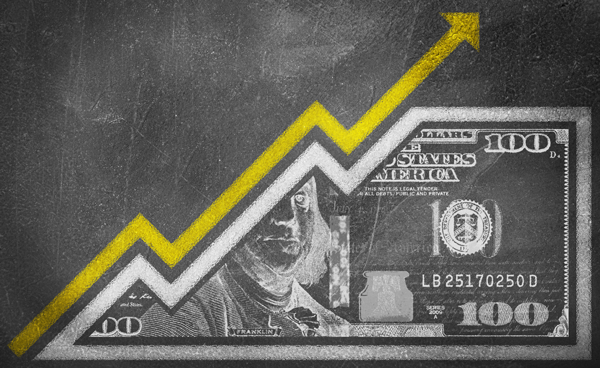Bernstein's comments are significant because he was one of the earliest strategists to say back in 2010 that equities were entering a bull market that could rival or even exceed the 1982-2000 bull market. Before starting his own advisory firm, Bernstein was the chief market strategist at Merrill Lynch where he was ranked as Wall Street's top market strategist on almost a perennial basis.
“The underlying investment story since the stock market’s trough in March 2009 has been investors no longer believe in the business cycle,” Bernstein said in a market update Friday.
Investors have been fooled by an expansion that has followed an “abnormally long path” due to unusually tight credit standards, contractionary fiscal policies and increased regulation, he said.
But “the current business cycle, contrary to popular belief, has both existed and followed the typical course” and is now in a late cycle phase, said Bernstein, a top-down macro manager with about $7 billion under management.
Cyclical sectors like technology, financials, materials and emerging markets do well in late phases, he said, while bonds come under pressure from growing inflation expectations caused by capacity constraints.
The Fed’s expected inflation over five years from a period beginning five years from today is now at 2.3 percent.
“The recent market volatility seems to be a result of investors finally realizing that the business cycle isn’t dead,” Bernstein said. “Later-cycle inflation is becoming more obvious, and the market has needed to recalibrate.” The equity market sell-off is the result of investors finally realizing the economy is in a late-cycle phase, said Richard Bernstein, chief executive of Richard Bernstein Advisors.
The equity market sell-off is the result of investors finally realizing the economy is in a late-cycle phase, said Richard Bernstein, chief executive of Richard Bernstein Advisors.
Bernstein noted that inflation expectations have been rising since mid-2016, “yet flows into bond funds and ETFs went unchecked” as investors disregarded the data.
Bernstein: Market Wakes Up To Inflation Threat
February 9, 2018
« Previous Article
| Next Article »
Login in order to post a comment








